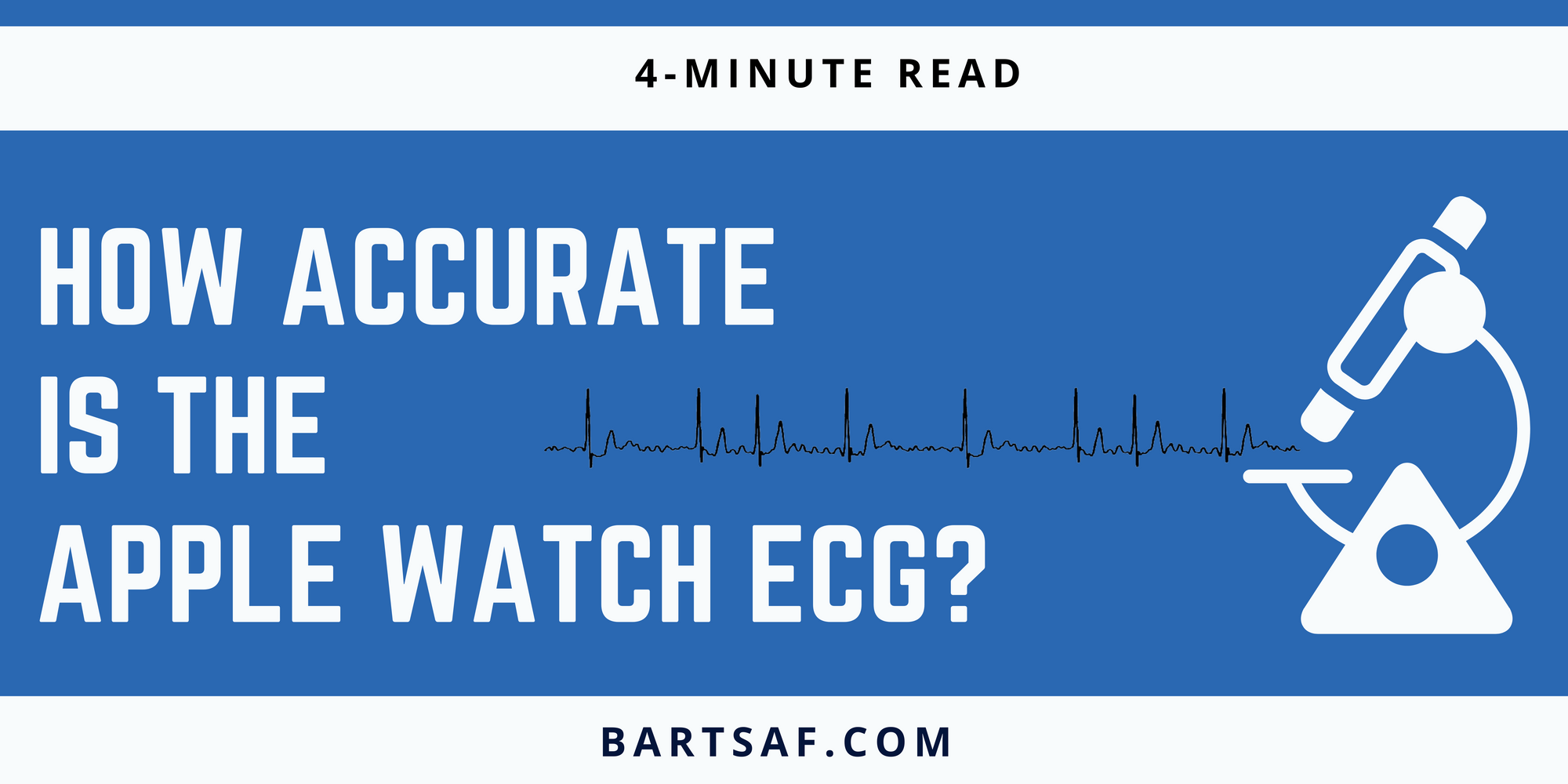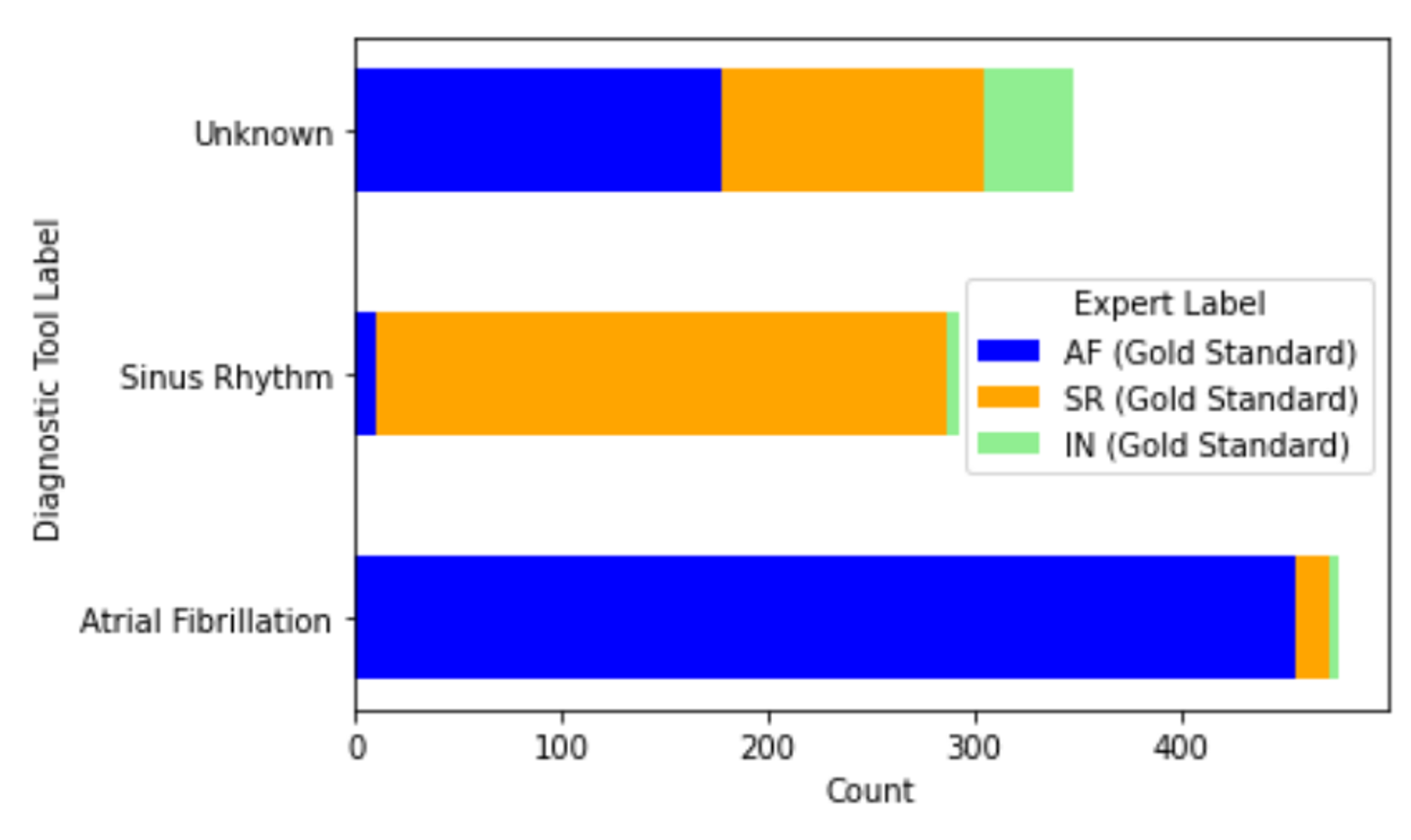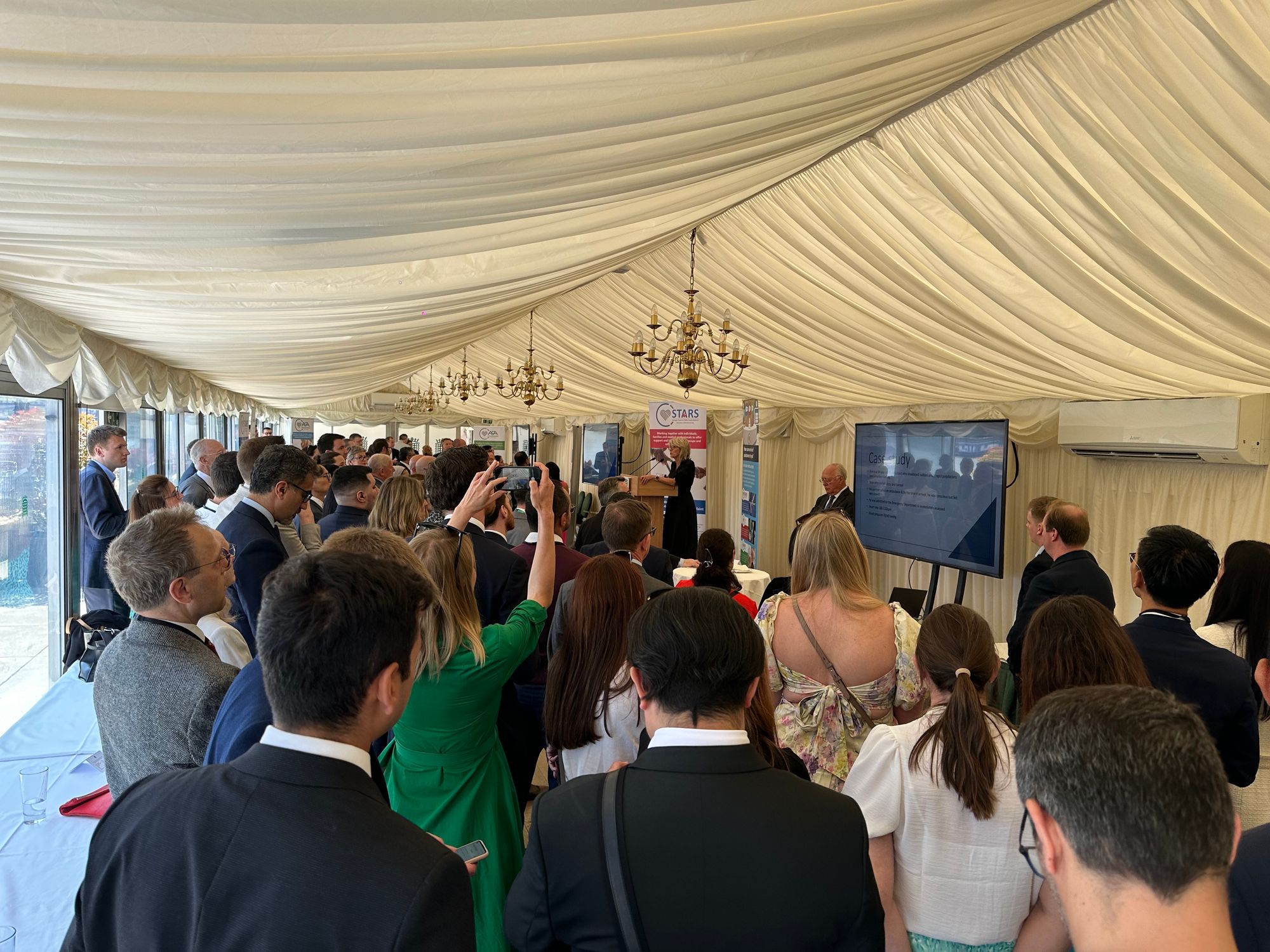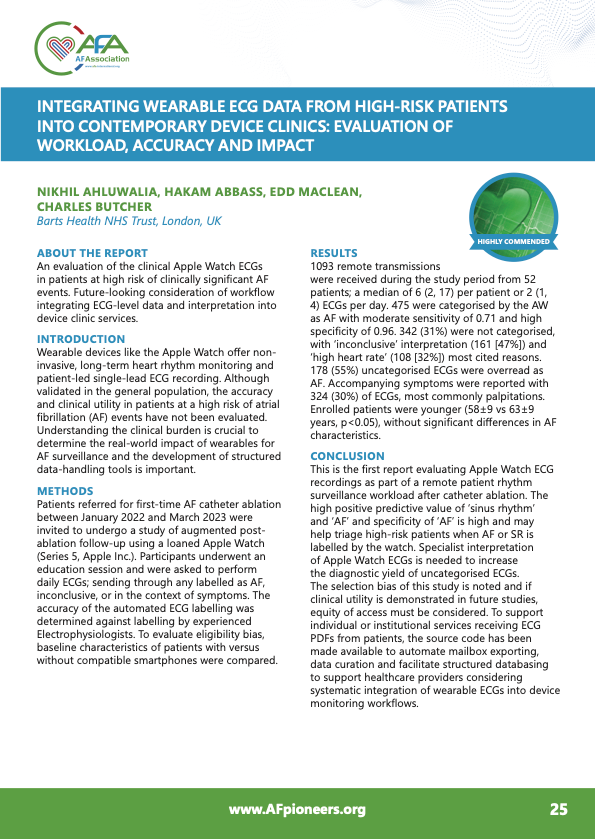Using Apple Watch ECGs for AF care: the real-world experience

As promised last week, we are able to share more early findings- this time from the AFFU-Apple Watch trial- evaluating the use of these wearables as medical tools to monitor AF patients
We’re enrolling 172 patients and asking those in the Watch group to take daily ECGs for a year. That’s up to 31,400 ECG recordings inbound! 😵💫

So our team at Barts Health NHS Trust, London has had to build a whole infrastructure to manage this volume from scratch! And in the #NHS spirit we are making the process and code available for other centres to use too. We anticipate patient-led monitoring to become more and more common, something many centres around the 🌍 may not be prepared to handle, so pre-empting this way is important.
But wait, are the ECGs even accurate?
Good question! And before taking another step further we had to validate the accuracy of these ECGs.
We convinced two expert Electrophysiology specialist fellows (🙏 to Dr Edward Maclean and Dr Charles Butcher!) to review and diagnose more than a 1000 Apple Watch ECGs 🤯. And to keep them on their toes, these weren’t ECGs from healthy volunteers like other studies use for validation, we took anonymised, de-labelled real-world ECGs from our AFFU-AW patients. So the uncertainty of it being AF or normal rhythm was high.

The results were reassuring- if the Watch thought an ECG was AF and gave you an AF label it was right 96% of the time and if it thought you were in normal rhythm and gave you a normal label it was right 95% of the time (the positive predictive value) 👏.

But (there’s always a but!) in 31% of the ECGs the Watch said “inconclusive“ i.e. “I don’t know” and this needs improvement. That's what the sensitivity (the likelihood that if you had AF you were given an AF label) was lower. if we are to rely on the Watch’s interpretation in the future and so something we are continuing to study and try to improve.
Stats can be confusing so a summary of this is- the labels are generally quite accurate but some AF, so if you have got an AF label, it probably is AF but sometimes AF can slip through and not be given a label, so just because you haven't got the AF label doesn't guarantee your rhythm isn't AF.
Observations and Learnings
Our findings underscored the high positive predictive value and specificity of 'AF' and 'sinus rhythm' labeling by the Apple Watch. This information could be useful in triaging high-risk patients, especially if the watch.
However, we still need a system in place to manage the "unknown" ECGs - specialist interpretation of ECGs remains important to increase the diagnostic yield of these uncategorised ECGs.
The Path Ahead: Integrating Wearable ECGs into Clinical Practice
For the purposes of the research study, we are still going to manually review each ECG that comes in. The software we made here helps us to organise and verify the ECGs as we do that.
We are sharing our source code to support healthcare providers who are considering integrating wearable ECGs into their device monitoring workflows. The source code facilitates automating mailbox exporting, data curation, and supports the development of structured databases.
Arrhythmia Alliance AF Pioneers
This original work was recognised last month with an AF Pioneer award from the Arrhythmia Alliance; the largest AF Charity in the UK. We were really grateful to share this work with the patients and practioners that the AA reaches. 🙌


You can read about all the other AF pioneers projects here.
